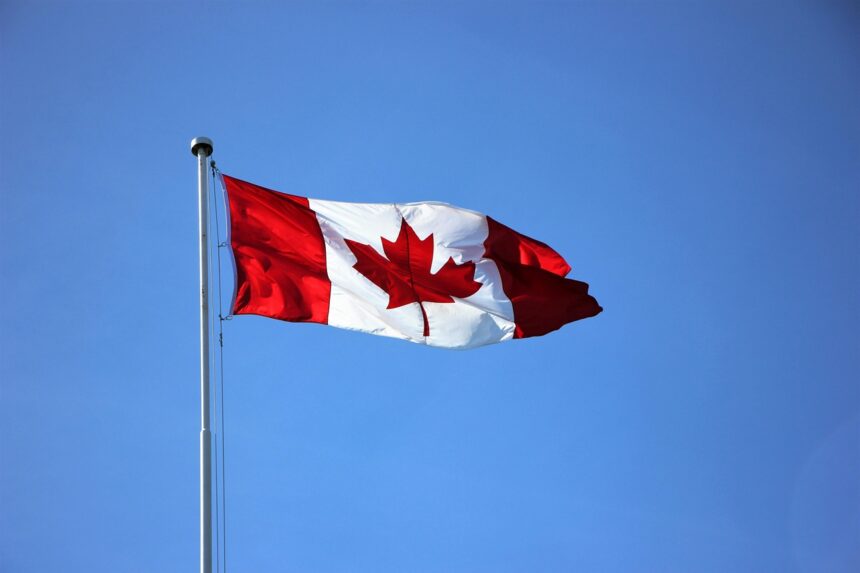The Canadian government has announced a series of reforms to its Post-Graduation Work Permit, PGWP, rules program, providing greater flexibility and opportunities for Nigerian and other international graduates.
The changes, which come into effect immediately, are designed to address labour market needs, support economic growth, and enhance pathways to permanent residency for skilled international students, the Canadian government revealed.
“Graduates of college degree programs will no longer be required to meet the PGWP field of study requirement,” said CEO of the Canadian Bureau for International Education, Larissa Bezo.
The revised PGWP rules now allows international students who have completed eligible programs at designated learning institutions (DLIs) in Canada to work in the country for up to three years after graduation.
Under the newly announced reforms, several restrictive criteria have been relaxed. One of the most notable changes is the removal of the previous field-of-study requirement for certain college programs.
Previously, graduates from specific programs needed to align their studies with designated high-demand occupations to qualify for a PGWP.
This restriction often limited opportunities for students in fields like business or arts.
However, graduates from any eligible program at a DLI, whether from a university or college, can apply for a PGWP, provided they meet the updated language proficiency requirements and other general eligibility criteria.
For Nigerian students, this change opens doors to pursue diverse fields of study without worrying about post-graduation work restrictions.
While the field-of-study requirement has been eased, the Canadian government has introduced updated language proficiency standards to ensure that graduates are well-equipped to succeed in the Canadian workforce.
The reform’s implementation stipulates that all PGWP applicants must demonstrate a minimum proficiency in English or French, depending on their region of work or study.
A breakdown of the new reform shows that for university graduates (bachelor’s, master’s, or doctoral degrees), the requirement is a Canadian Language Benchmark (CLB) or Niveau de compétence linguistique canadiens (NCLC) level 7 in all four language areas: reading, writing, speaking, and listening. College graduates, on the other hand, need a minimum CLB/NCLC level of 5.
The Canadian government has also expanded access to language testing centres and provided clearer guidelines on accepted tests, such as the International English Language Testing System (IELTS) and the Test d’évaluation de français (TEF), to streamline the application process.
Another key reform is the extension of PGWP durations for graduates of shorter programs, particularly at the master’s and doctoral levels.
Previously, the length of a PGWP was directly tied to the length of the study program, meaning that students in programs shorter than two years often received permits of less than three years.
Under the new rules, graduates of master’s programs are now eligible for a full three-year PGWP, provided they meet all other criteria.





